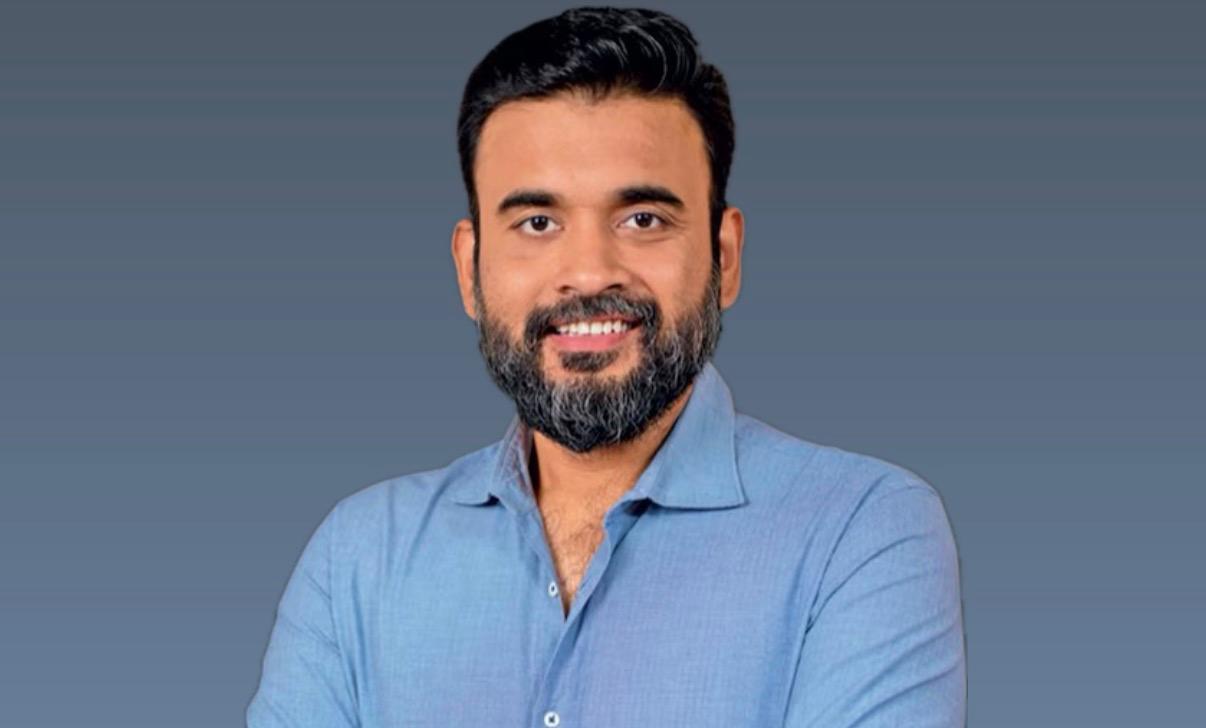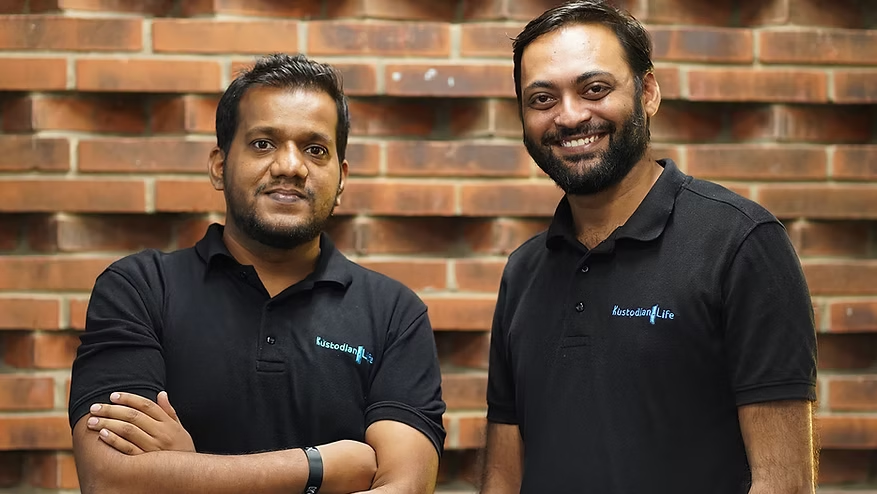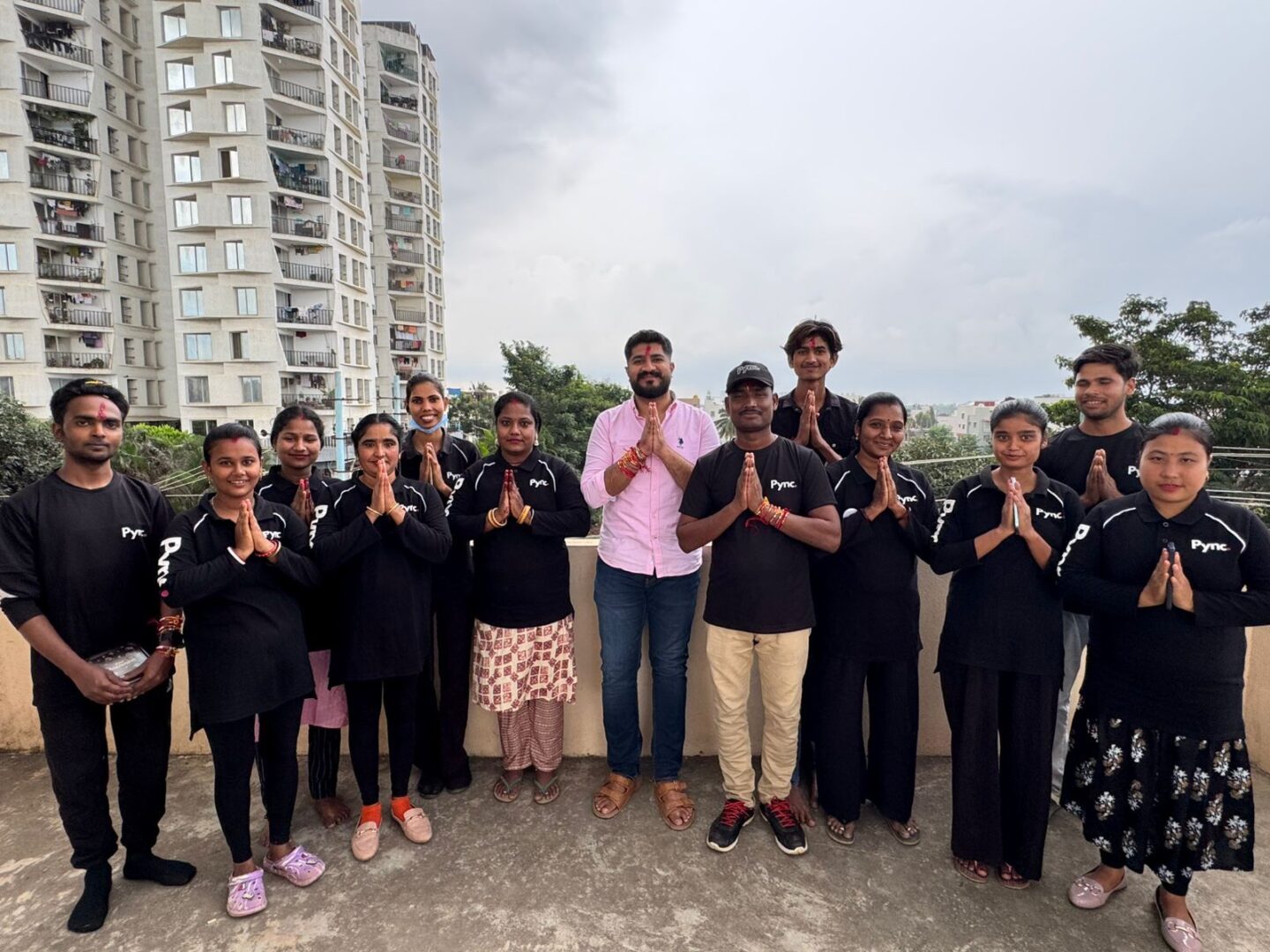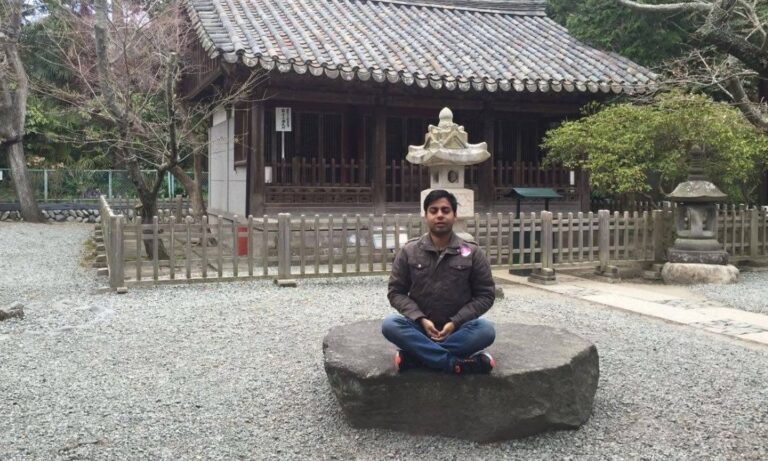Healthtech startup Plazza, headquartered in Bengaluru, has raised $1.4 million in a seed funding round led by All In Capital, with participation from Better Capital, Tracxn founder Abhishek Goyal, Bounce co-founder Vivekananda Hallekere, the Singhania family office, and promoters of JK Tyre. The investment will help Plazza scale its omnichannel presence, expand product lines, and strengthen last-mile logistics.
Funding and Expansion Plans
Plazza has announced its ambition to use the newly raised funds to establish a stronger retail presence in Bengaluru. Starting with its flagship outlet in Yemalur, the company now plans to open 20 additional outlets within the next 12 months. The model utilizes corporate-owned retail space, life stores operated by franchisees, and collaborations with local pharmacies to ensure reach and cost efficiency.
Plazza seeks to create an integrated experience for customers by pairing retail locations with a strong digital ordering experience. The dual model is designed to cater to both walk-in shoppers and those requiring urgent delivery through the app.

Broad Inventory and Quick Service
Unlike conventional pharmacies that typically carry around 4,000 to 5,000 stock-keeping units (SKUs), Plazza outlets claim to provide over 20,000 SKUs. This includes a wide assortment of prescription medicines, over-the-counter drugs, nutraceuticals, wellness products, and specialized healthcare items.
Plazza has positioned delivery speed as its core differentiator. Customers can expect their orders to be fulfilled within 15 to 60 minutes, depending on location. Founder Aman Priyadarshi has stressed that traditional pharmacies often fail to meet the diverse needs of consumers. “A typical pharmacy has limited inventory. Our goal is to challenge the way pharma is retailed by ensuring that customers always get what they need, when they need it,” he said.
Founders and Early Momentum
Plazza was started in November 2024 by Aman Priyadarshi, who led Zomato’s dining vertical and was previously an executive there, and Aniruddha Sen, a previous co-founder of Kenko Health. Within a short period of time and in less than a year of operations, the company has served over 10,000 customers and has a growth rate of 25% weekly.
The founders believe the backgrounds combined in consumer technology and healthtech is a unique positioning for Plazza in the changing quick-commerce ecosystem in India.
Diversifying Beyond Medicines
While medicines remain at the core of its offerings, Plazza intends to broaden its product range. Upcoming categories include:
- Mother and baby care
- Elder care essentials
- Dermatology and skincare products
- Healthy snacks and wellness supplements
This strategy is designed to enhance customer engagement, increase average order values, and ensure that stores become one-stop destinations for a wide spectrum of healthcare and wellness needs.
Also Read: Inside the Vision of Bionova’s Founder, Suddhir Jain
Competitive Landscape
The healthcare delivery space is changing quickly with large players looking for rapid delivery of medicines. Blinkit has begun a trial of 10-minute prescription delivery in Bengaluru, while Swiggy Instamart has partnered with PharmEasy to add medicines to its platform. Zepto, which recently raised $350 million, has also entered the medicine delivery business and is expanding its dark store network in metros.
At the same time, Amazon India has bolstered its health care offering through Orange Health Labs with at-home diagnostics and pharmacy delivery. Smaller specialty players like PlatinumRx and Truemeds have also secured new financing, $6 million and $85 million in 2025 respectively, to increase their market share.
Access to funding and competition both signal demand for speed and dependability in healthcare services but also indicates issues relating to sustainability and compliance.
Opportunities and Challenges
While the quick-delivery model has proven successful in grocery and essentials, healthcare presents unique challenges. Companies must comply with strict pharmaceutical regulations, including prescription verification, pharmacist oversight, and adherence to storage requirements for temperature-sensitive drugs.
Plazza’s decision to stock 20,000 SKUs also creates risks of inventory management, including expiry and wastage. At the same time, building trust among consumers in such a sensitive category requires consistent reliability and compliance with safety protocols.
Despite these hurdles, industry analysts believe that urban demand for instant healthcare access creates a strong opportunity for startups that can balance speed, safety, and regulatory compliance.
Strengthening Operations
Plazza has set out distinct priorities for the near term, including expanding its store footprint, improving its technology backbone for order orchestration, and improving last mile logistics. The startup will also add advanced prescription verification systems and have stronger relationships with licensed pharmacists to support compliance.
If properly executed, Plazza could establish itself as a specialized quick-pharmaceutical brand in India. By converging the speed of quick commerce with the trust of traditional pharmacy standards, the company hopes to differentiate itself from general quick commerce players.
Balancing Growth and Trust
Plazza’s $1.4 million seed raise reflects a vote of confidence in the potential of healthcare-focused quick delivery, with rapid growth around the corner, the startup will have to balance fast fulfilment, wide availability, and strict compliance, and it’s uncertain if Plazza will possess the ability to maintain speed while protecting patient trust, given the rapidly evolving state of competition in India’s quick commerce space, or leverage that ability to distinguish itself from larger, better funded competitors, or quickly fade to the background.
Also Read: Curefoods raises ₹160 crore from Binny Bansal’s 3State Ventures ahead of IPO























